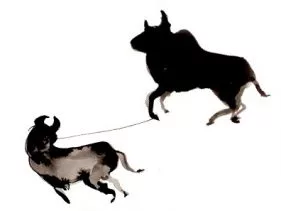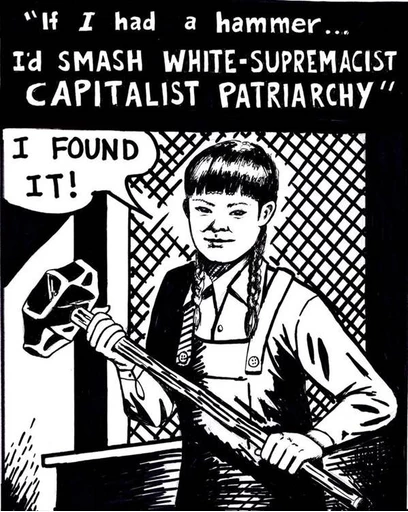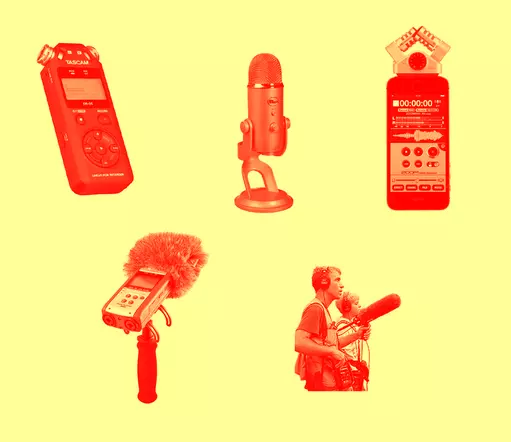Ox/Axis
Digital trail across Europe (Closed Expert Meeting)
27 sep. 2017 → 28 sep. 2017 Arnhem
(archive)
The proposed project topically focuses on a relatively unknown subject in European history, the large-scale historic trade in oxen across the EU landscape, touching many socio-economic and cultural aspects still relevant today. To meet the challenge to link, share and re-use the many different relevant data, we envision a digital platform as a portal to bridge past and future of the EU landscape and reveal its complex relationships between the land and its citizens. What is often overlooked is that most of this data is spatial or has a spatial compenent; everything happens somewhere.
The main OBJECTIVE is to design a digital spatial platform, rooted in Geographic Information System (GIS) technology with user-friendly and state-of-the art interfaces to give new meaning, create new knowledge, and share stories of the European landscape among its citizens from a range of different backgrounds and interests. To design such a system requires a well-framed topic and we believe that the INTERNATIONAL HISTORIC OXTRADE is such a topic. This framework provides an ideal context to define secondary objectives focused on human relationships to the land through time, and specifically, re‐thinking and exploring urban‐rural dynamics and current food production challenges by using emerging technologies to explore new collaborative networks. It therefore requires a TRANSDISCIPLINARY TEAM, members of which cover all needed skills to carry this project forward in all its complexity. The GIS that we envision will provide a core upon which further innovative (spatial) tools, specifically state of the art Virtual Reality applications can be build or related, combining in effect the bird’s eye view and alternative, embodied, multimodal perspectives and approaches and aims to bridge the gap between the physical environment and digital content, connecting the past with the future and connecting communities, preserving heritage while fostering innovation, starting from the Ox trade as its case study.
Up until the Middle Ages the capital intensive ox trade was the only long distance overland trade not only crossing landscapes and geographical boundaries, but also transcending social boundaries, laying a basis for our European culture and (im)material cultural heritage. During the years 1350-1520 the European population declined, arable cultivation retreated and animal husbandry expanded to satisfy a rising demand for meat and animal products (e.g. leather, bone, horn). Revolutionary changes occurred during the years 1470-1600: rapid demographic growth led to contraction of the pastoral base and collapse of regional livestock networks. Metropolitan provisioners sought their slaughter cattle in an ever-‐extending international trading system (1600: from the Russian steppe to the North Sea, from the Baltic to the Mediterranean). Basic numbers increased from about 85,000 a year (1500) to over 500,000 (1600). Falling costs of information, finance and transportation allowed merchants to deliver livestock to west-‐central European markets at favourable prices. Cash incomes of east- and north-European producers were boosted; inhabitants of booming west-‐European metropolitan centres were freed of recurrent meat famines. At present we find ourselves in a new chapter of this story, which asks for novel approaches, innovation and collaboration. The envisioned Ox/Axis framework provides a springboard for developing innovative approaches to address our current challenges in the EU landscape, problems in food production and the abandonment of the rural regions, and its disappearing heritage.
The proposed project aims at designing an interactive, web-‐based platform with the European ox trade in mind, but generic and customizable to other
-related‐ subjects, using existing, freely available, and newly created data, including crowd-‐sourced data. We believe that digital/virtual tools and representation of the history of EU trade network of farm animals will provide a fascinating new way of understanding the roots of our current relationship with food, our lands, and cultural exchange.
The main OBJECTIVE is to design a digital spatial platform, rooted in Geographic Information System (GIS) technology with user-friendly and state-of-the art interfaces to give new meaning, create new knowledge, and share stories of the European landscape among its citizens from a range of different backgrounds and interests. To design such a system requires a well-framed topic and we believe that the INTERNATIONAL HISTORIC OXTRADE is such a topic. This framework provides an ideal context to define secondary objectives focused on human relationships to the land through time, and specifically, re‐thinking and exploring urban‐rural dynamics and current food production challenges by using emerging technologies to explore new collaborative networks. It therefore requires a TRANSDISCIPLINARY TEAM, members of which cover all needed skills to carry this project forward in all its complexity. The GIS that we envision will provide a core upon which further innovative (spatial) tools, specifically state of the art Virtual Reality applications can be build or related, combining in effect the bird’s eye view and alternative, embodied, multimodal perspectives and approaches and aims to bridge the gap between the physical environment and digital content, connecting the past with the future and connecting communities, preserving heritage while fostering innovation, starting from the Ox trade as its case study.
Up until the Middle Ages the capital intensive ox trade was the only long distance overland trade not only crossing landscapes and geographical boundaries, but also transcending social boundaries, laying a basis for our European culture and (im)material cultural heritage. During the years 1350-1520 the European population declined, arable cultivation retreated and animal husbandry expanded to satisfy a rising demand for meat and animal products (e.g. leather, bone, horn). Revolutionary changes occurred during the years 1470-1600: rapid demographic growth led to contraction of the pastoral base and collapse of regional livestock networks. Metropolitan provisioners sought their slaughter cattle in an ever-‐extending international trading system (1600: from the Russian steppe to the North Sea, from the Baltic to the Mediterranean). Basic numbers increased from about 85,000 a year (1500) to over 500,000 (1600). Falling costs of information, finance and transportation allowed merchants to deliver livestock to west-‐central European markets at favourable prices. Cash incomes of east- and north-European producers were boosted; inhabitants of booming west-‐European metropolitan centres were freed of recurrent meat famines. At present we find ourselves in a new chapter of this story, which asks for novel approaches, innovation and collaboration. The envisioned Ox/Axis framework provides a springboard for developing innovative approaches to address our current challenges in the EU landscape, problems in food production and the abandonment of the rural regions, and its disappearing heritage.
The proposed project aims at designing an interactive, web-‐based platform with the European ox trade in mind, but generic and customizable to other
-related‐ subjects, using existing, freely available, and newly created data, including crowd-‐sourced data. We believe that digital/virtual tools and representation of the history of EU trade network of farm animals will provide a fascinating new way of understanding the roots of our current relationship with food, our lands, and cultural exchange.

more in this series:
11 sep. 2019 -
Opening New Academic Year: Hidden Histories
26 mrt. 2019 -

